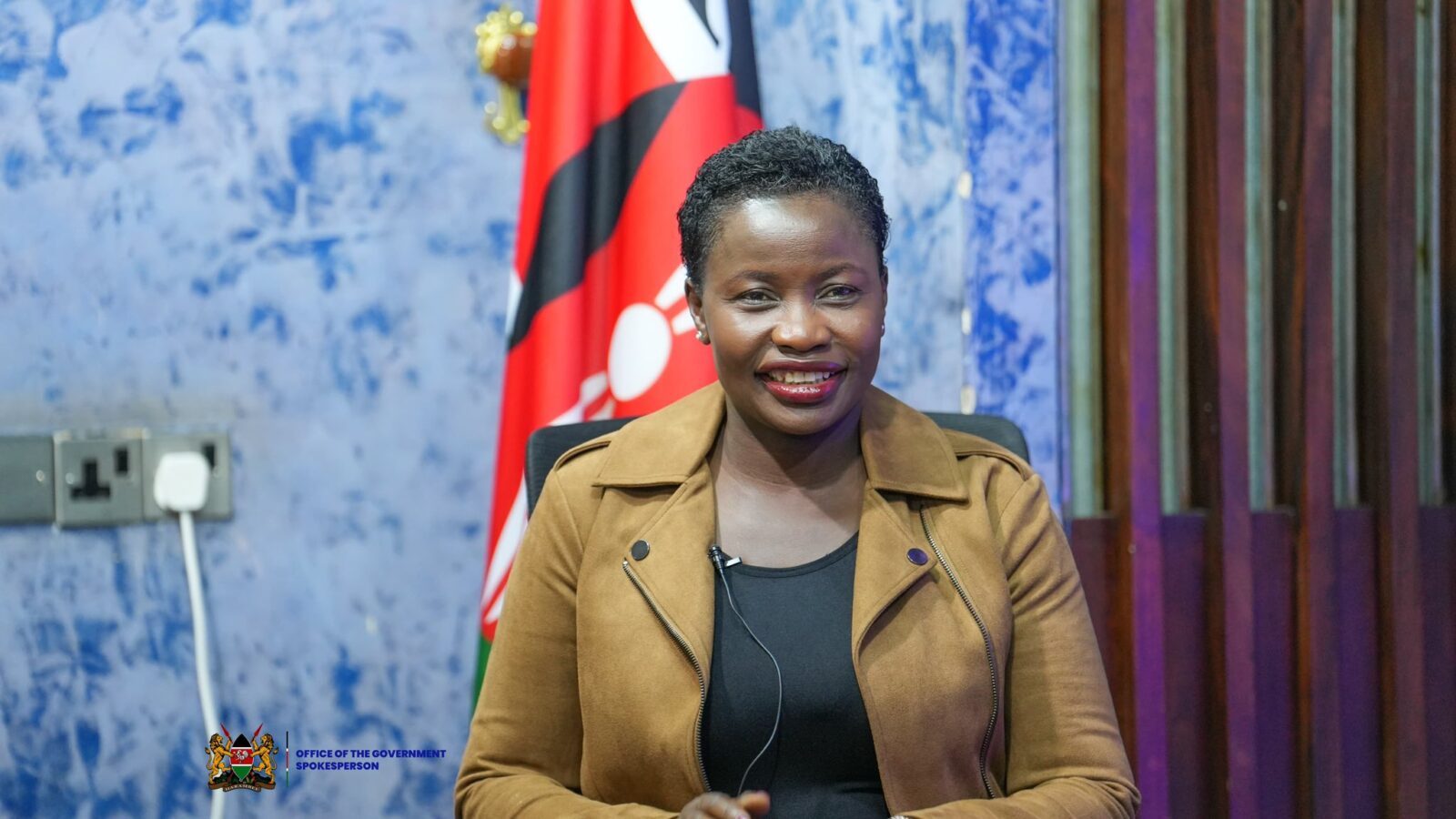Nairobi County is set to implement improved urban planning and mapping systems to accommodate its growing population. This will be achieved by regularising unapproved developments on public land and incorporating previously omitted properties into the city’s valuation roll.
This initiative follows the passage of the Nairobi City County Regularisation of Unauthorised Development Bill, 2025, by the County Assembly. The proposed legislation now awaits Governor Johnson Sakaja’s assent, expected later this month.
Once enacted, the new law will provide a legal framework for mapping and documenting all developments within the city. It will ensure that landowners and developers contribute to a more organised urban environment and pay their fair share in rates and approvals.
The law will also allow the county to formally recognise previously unauthorised developments, provided they meet established urban planning standards.
Governor Sakaja Johnson has emphasised the need for better planning as Nairobi’s population continues to grow.
“During the day, we have over 7 million people in Nairobi. This calls for better housing for our people, and better planning for future development. It is paramount for our sake and for future generations,” said Sakaja.
Urban Planning Chief Officer Patrick Analo said the county will begin enforcement in Eastlands and other densely populated zones such as Embakasi, Mwiki, Utawala, Roysambu, Pipeline, and Kasarani.
“All those areas are home to almost two million residents. With this bill, we can bring landowners and developers on board so they can seek proper approval for the land they subdivided,” Analo said.
He noted that many of the affected parcels either belonged to land buying companies or were illegally occupied public land that has long been the subject of legal disputes.
“This law will offer an opportunity for those who built without approval including those on untitled land to regularise their developments, submit architectural drawings, have them reviewed, and be included in our system,” he added.
If signed into law, the bill will establish both an Advisory Committee and a Regularisation Technical Committee to manage and oversee the process. Affected property owners will be officially notified and required to apply for regularisation in compliance with the new law.












